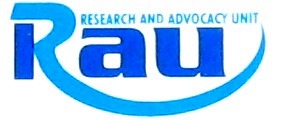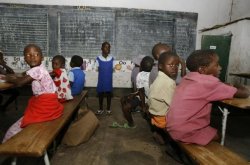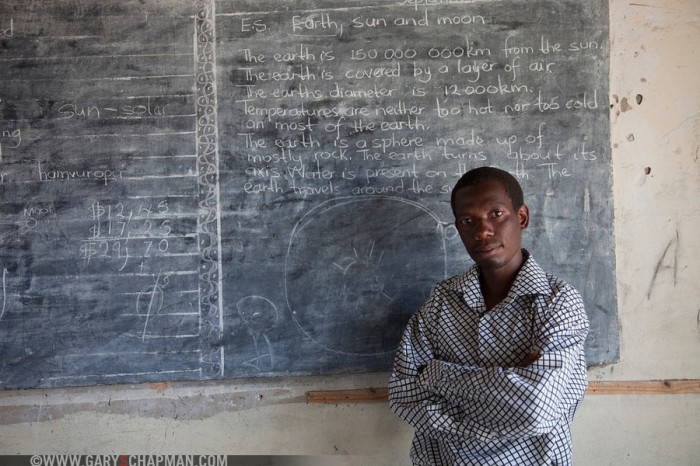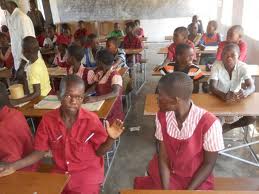This position paper was written by Zimbabwe Lawyers for Human Rights in response to the following article in Newsday yesterday: http://www.newsday.co.zw/article/2012-07-11-2008-killers–off-the-hook
Zimbabwe Lawyers for Human Rights (ZLHR) continues to follow closely, and with interest, the progress relating to the operationalisation of the Zimbabwe Human Rights Commission (ZHRC).
ZLHR commends the renewed commitment by the Minister of Justice & Legal Affairs, and Parliament, to finalise the legislation required to make the ZHRC functional. This is long overdue. It is also in line with recommendations to ensure that the ZHRC can commence its operations as soon as possible, as accepted by the Government of Zimbabwe during the United Nations (UN) Human Rights Council’s Universal Periodic Review of Zimbabwe held last year, and as strongly expressed by UN High Commissioner for Human Rights, Navi Pillay, during her visit to Zimbabwe earlier this year.
The importance of having an operational commission to deal with protection of human rights cannot be over-emphasised, particularly in a society where violations of fundamental rights and freedoms remain prevalent. The urgency of having a functional mechanism to investigate and deal with violations is further heightened where elections loom, and bearing in mind previous trends in Zimbabwe where such violations escalate in the run-up to, and following, key electoral and other political processes.
So too, Zimbabwe remains a country with immense challenges relating to the continuing culture of impunity for perpetrators of human rights violations. Without providing mechanisms to investigate and deal with past human rights violations – whether through trials, national enquiries, reparations, memorialisation, amongst other means – our society will never be able to escape the vicious cycle of impunity or ensure non-recurrence of such heinous crimes.
There has been much debate and speculation in relation to the emotive issue of the temporal jurisdiction of the ZHRC, which has been set in the ZHRC Bill as 13 February 2009 – a date agreed by the three negotiating political parties.
ZLHR has also noted the intention of the government to establish a national mechanism that will deal with issues relating to post-conflict justice, healing and reconciliation separately from the ZHRC, although precise details as to the ambit of such a mechanism remain sparse. This accords with regional and continental good practice, where human rights institutions and truth/justice/reconciliation commissions have traditionally been separate mechanisms.
ZLHR is of the considered view that there is urgent need to approve the legislation that will operationalise the ZHRC and allow it to substantively commence its functions. It is a critical institution in the difficult battle to reduce, stop and/or prevent ongoing and future human rights violations in Zimbabwe. It must be fully functional in order to play its role as elections approach. Resistance in relation to the issue of temporal jurisdiction is delaying such operationalisation and ensuring that the ZHRC cannot act on any ongoing and future human rights violations.
At the same time the political parties in government must, with urgency and guided by the recommendations made by survivors of past human rights violations, establish an independent mechanism to deal with issues relating to past human rights violations and atrocities. The mandate of this independent mechanism must be to deal with all past human rights violations that have occurred in Zimbabwe, including the pre-Independence era, as well as the post-Independence atrocities of Gukurahundi, Operation Murambatsvina, and electoral-related crimes, amongst others.
It is the role of government to ensure the speedy establishment of such an independent and credible mechanism. However political parties, trade unions, the broad civil society, non-governmental organisations, and survivors of violations and their families, must also ensure that they play their role in ensuring that sufficient pressure is brought to bear on the government to make this a reality and to do so with urgency.
Further, and for the avoidance of any doubt, it must be clearly understood and stressed that crimes committed in the past remain crimes, whether or not a national human rights institution or other mechanism exists to deal with past human rights violations. Government, political players and other perpetrators of violations must disabuse themselves of the notion that the creation of such mechanisms removes responsibility and punishment for such crimes.
There is a constitutional and legal obligation on the police, the prosecutorial authorities and the judiciary to respectively investigate and arrest, prosecute, and punish convicted perpetrators. ZLHR expects these constitutional duties to be carried out without fear or favour, and will continue to exercise its watchdog role in this regard.



